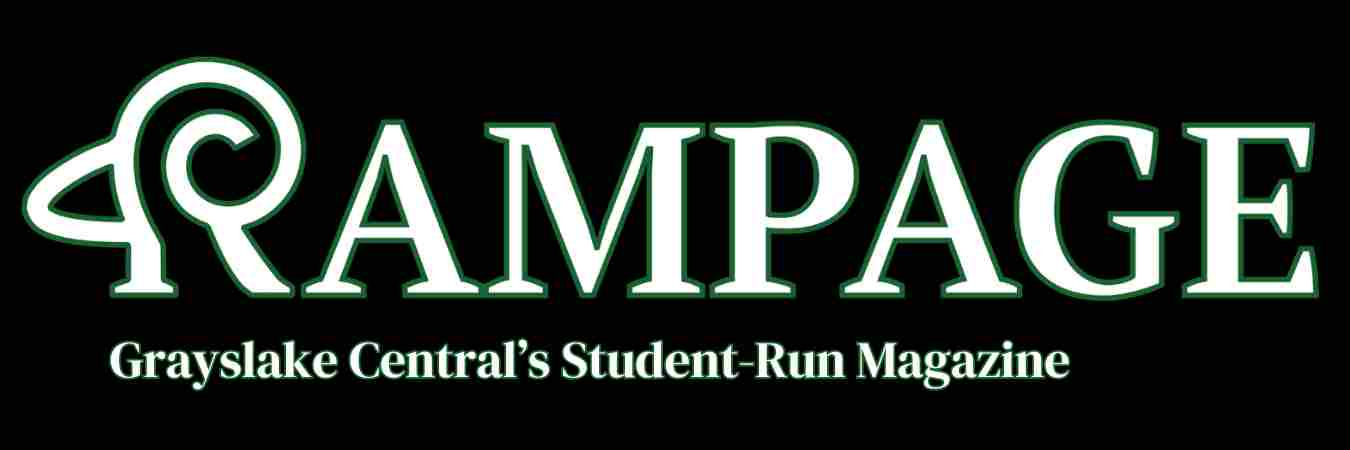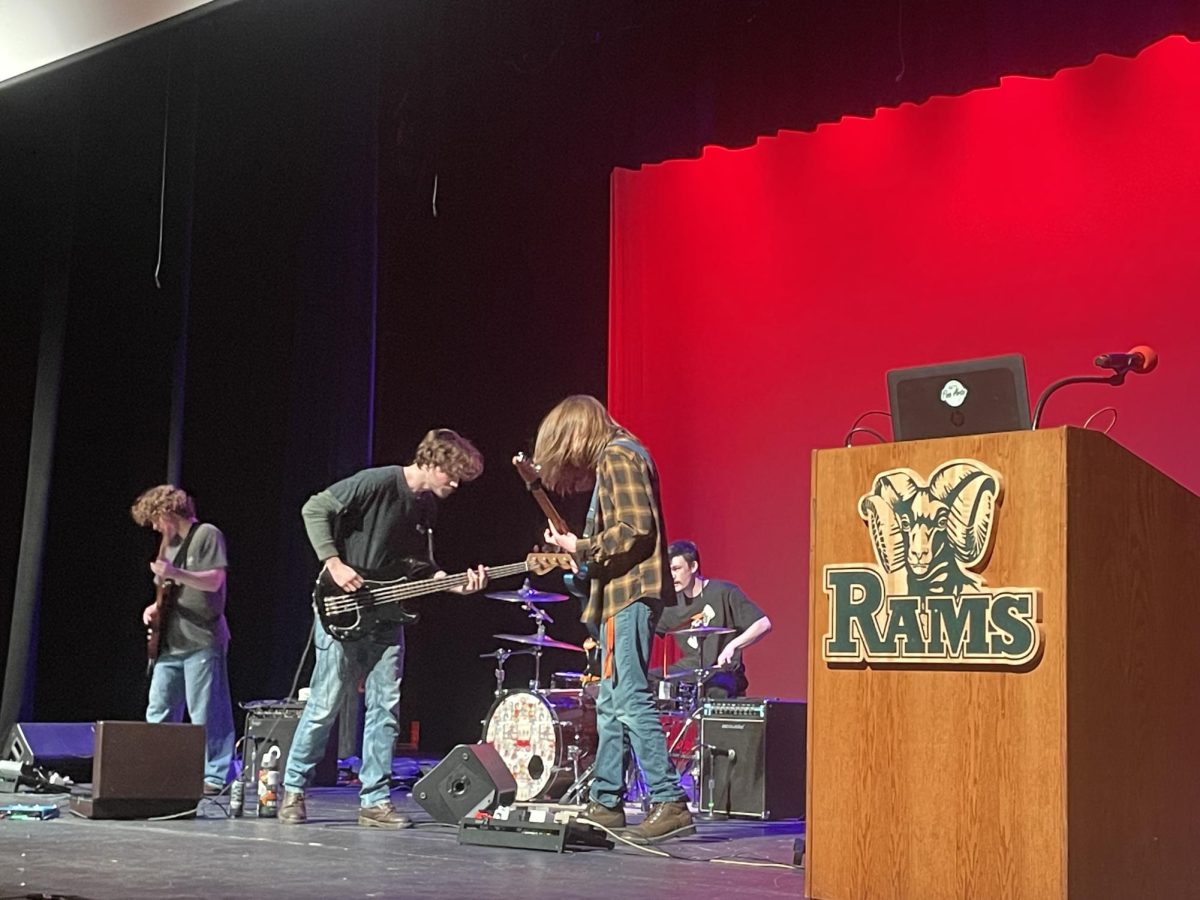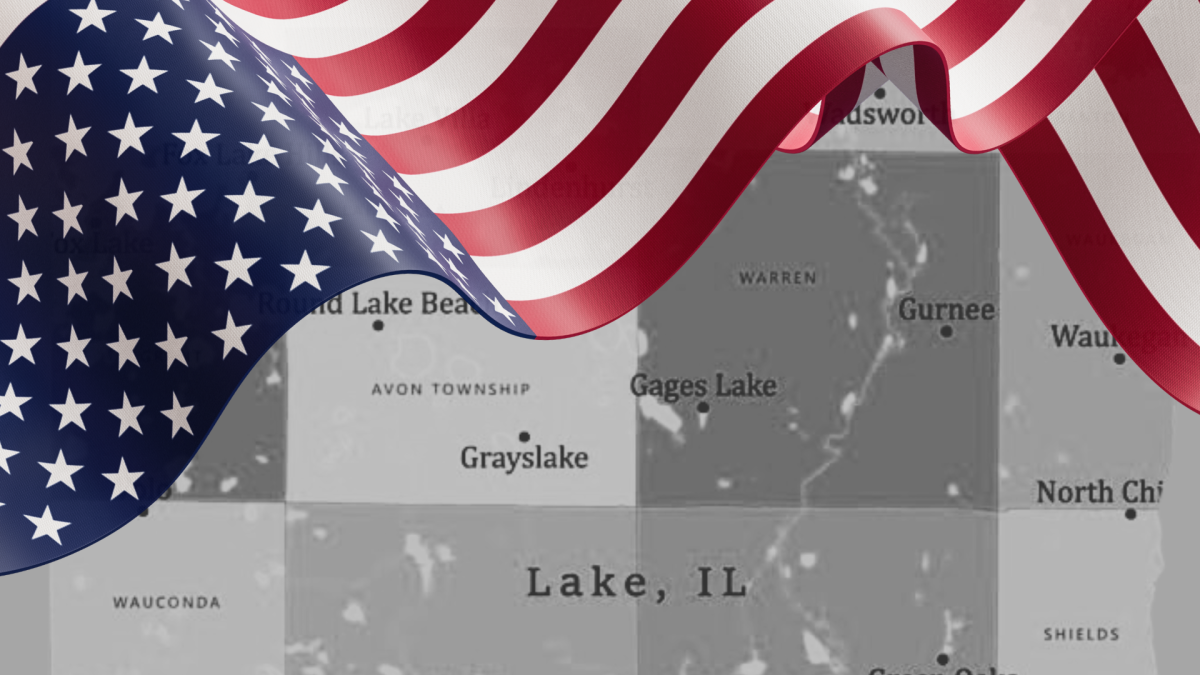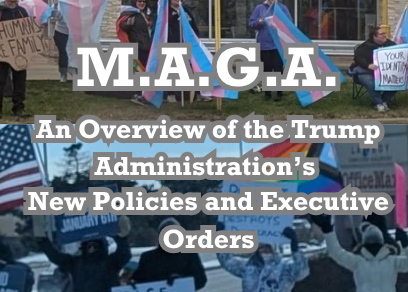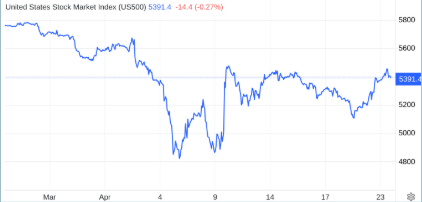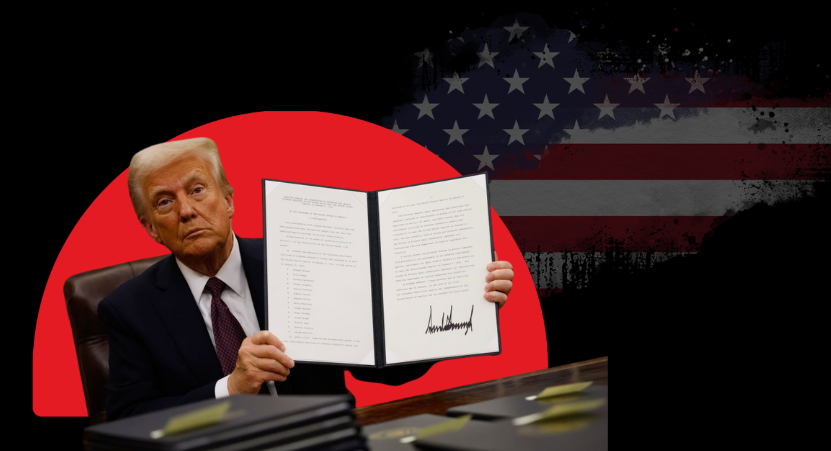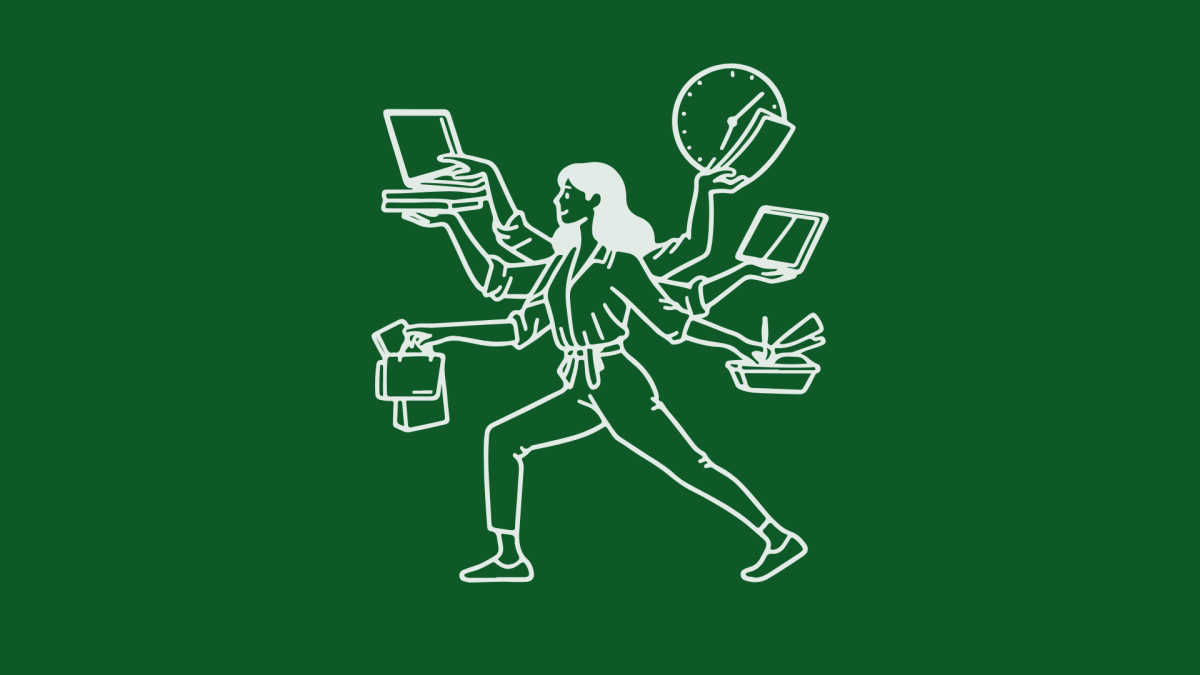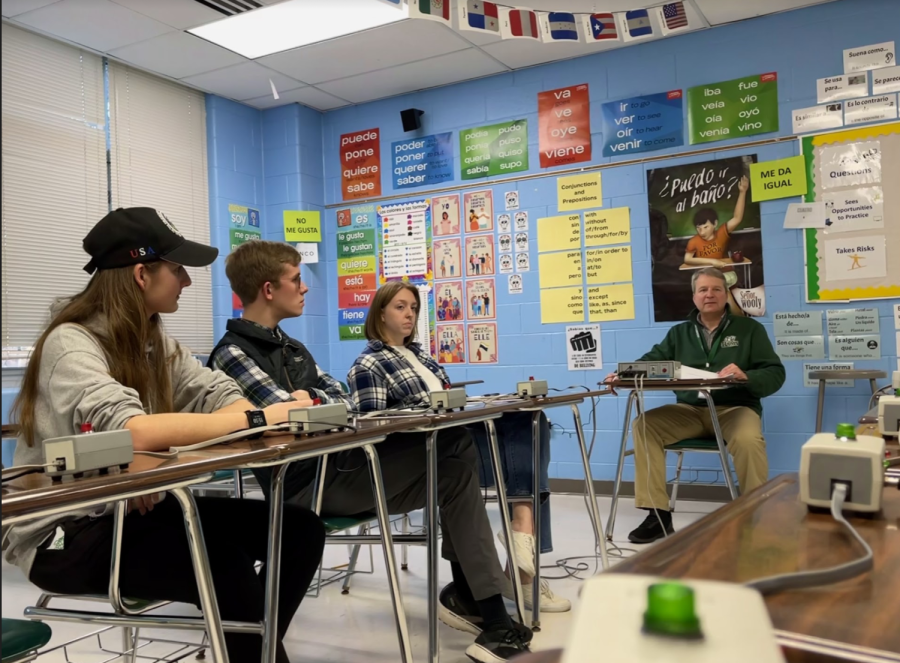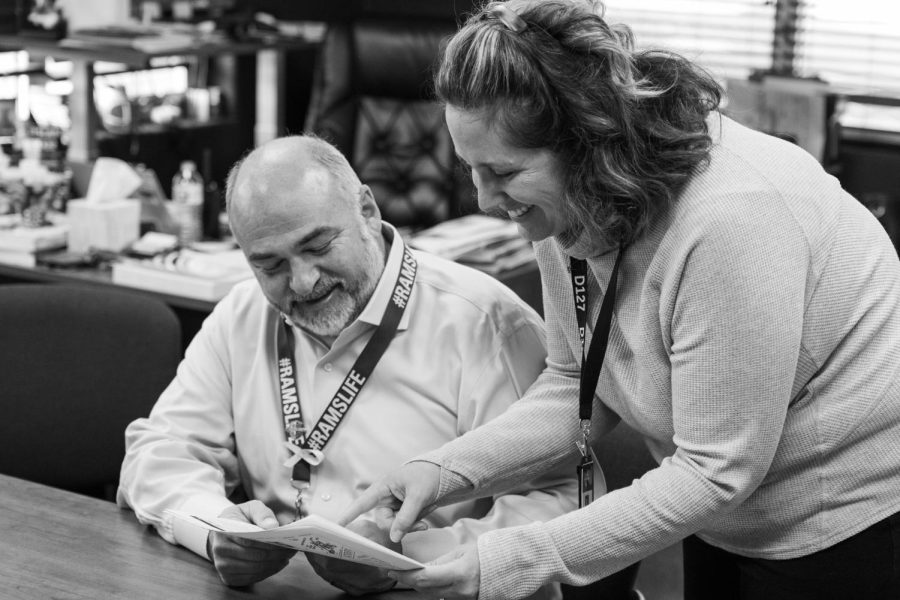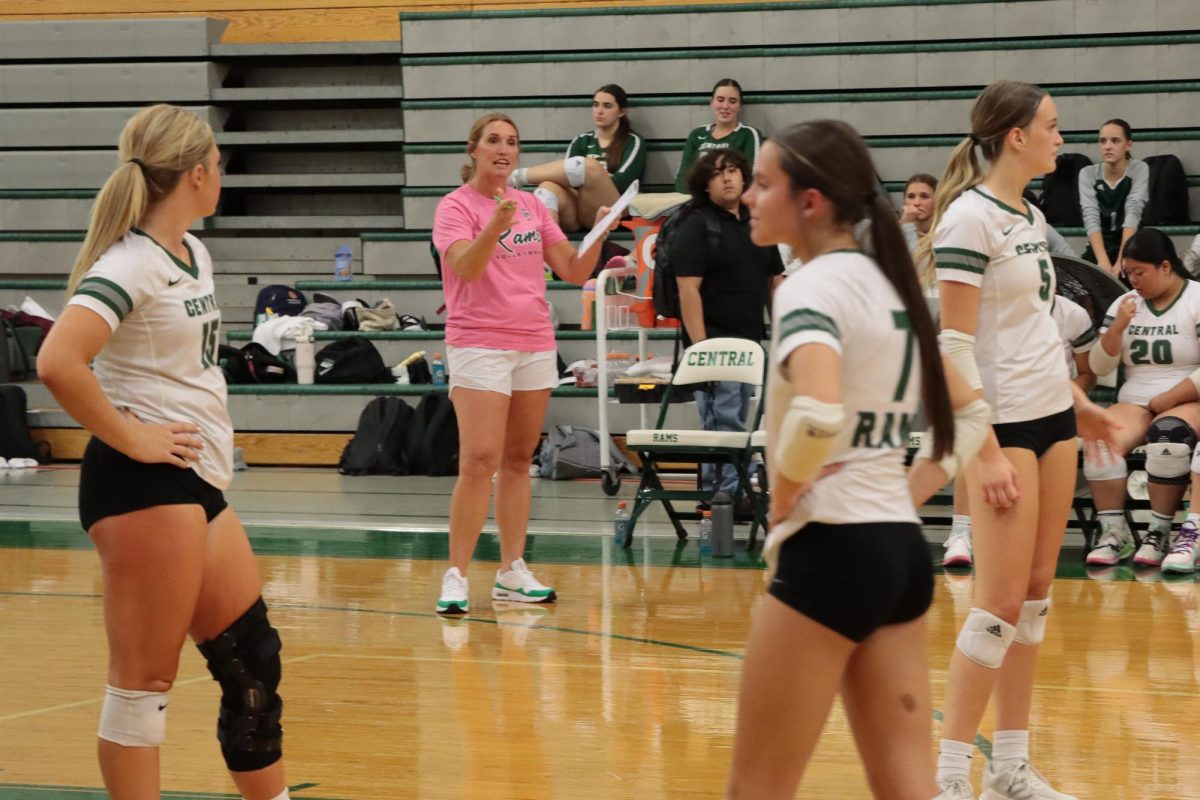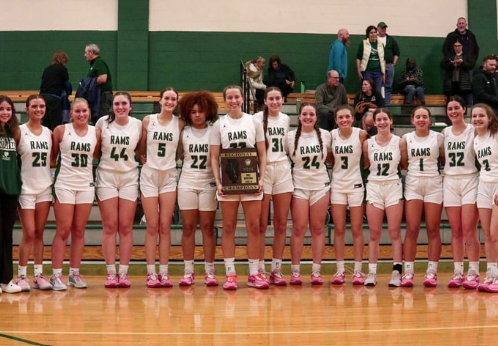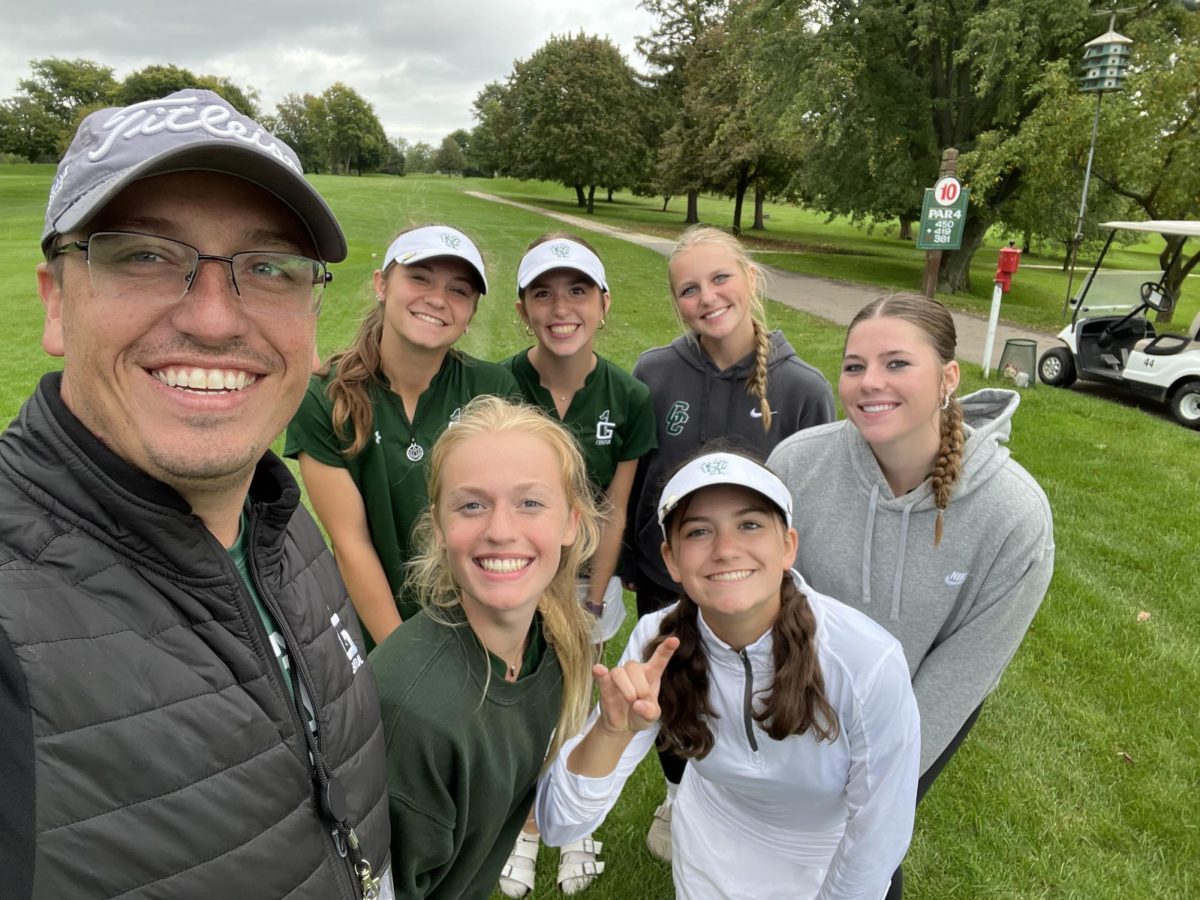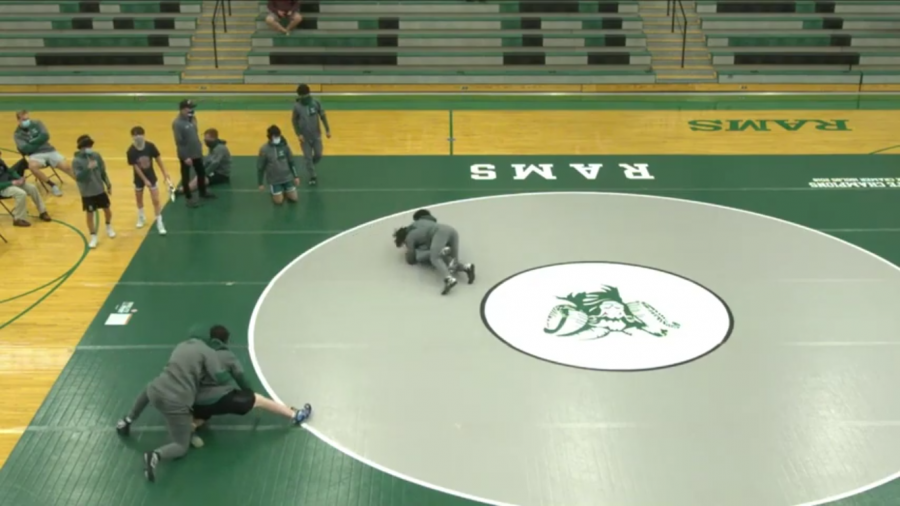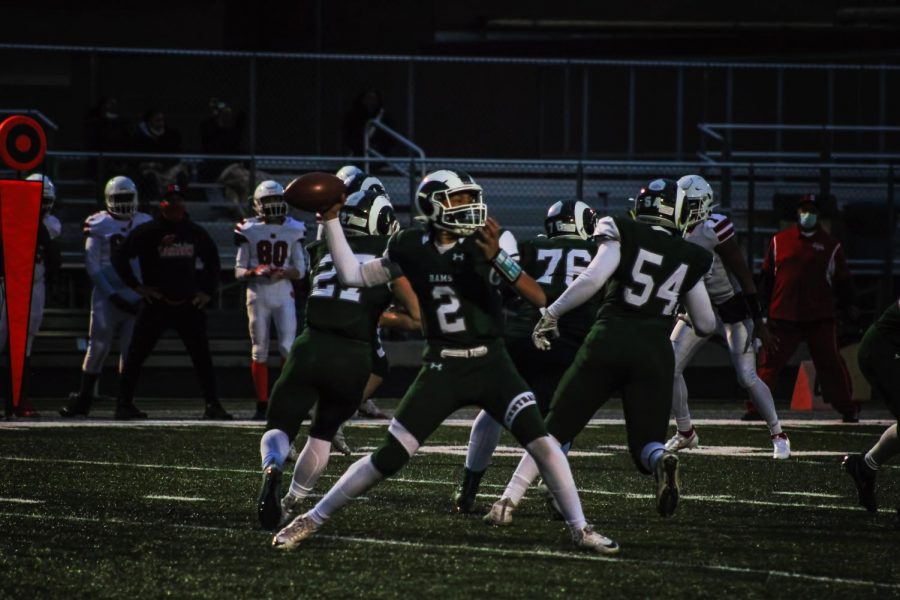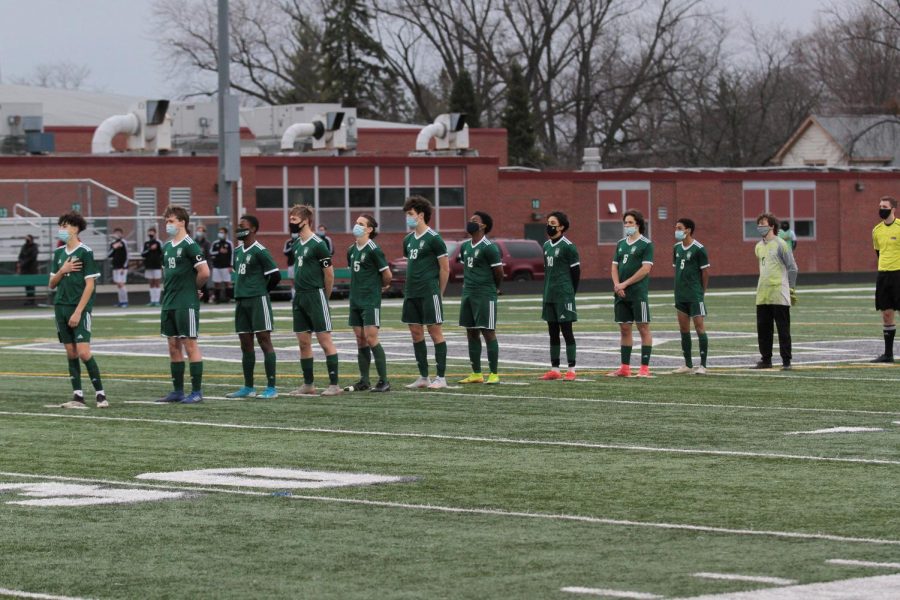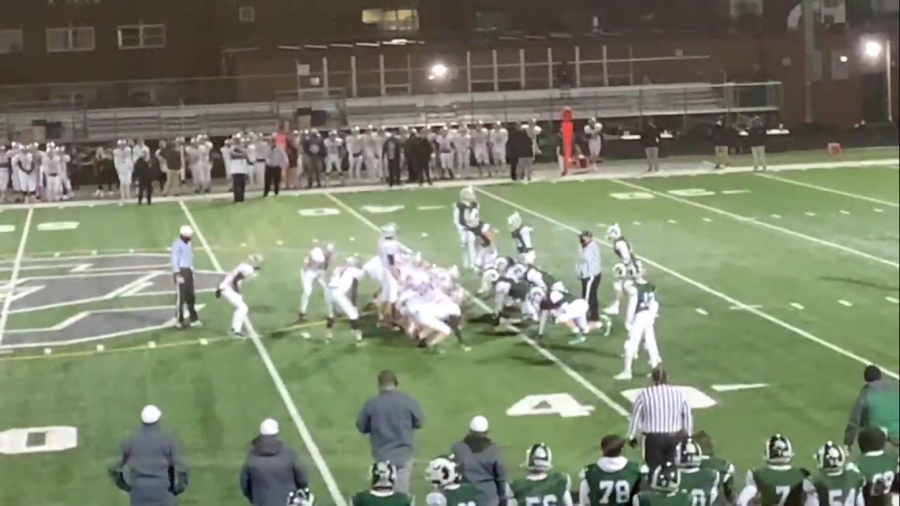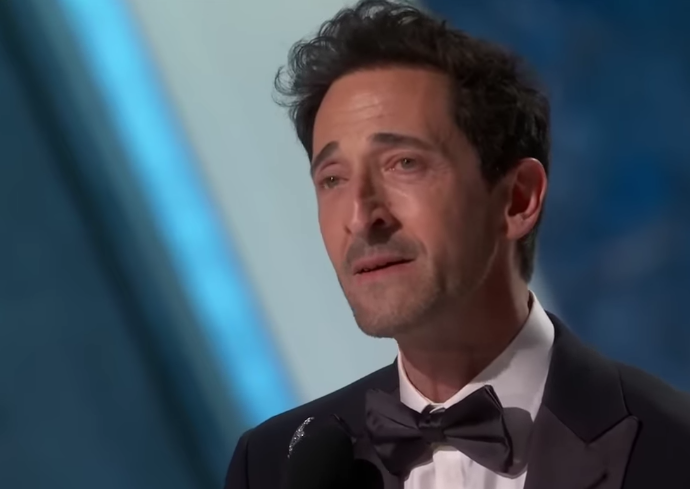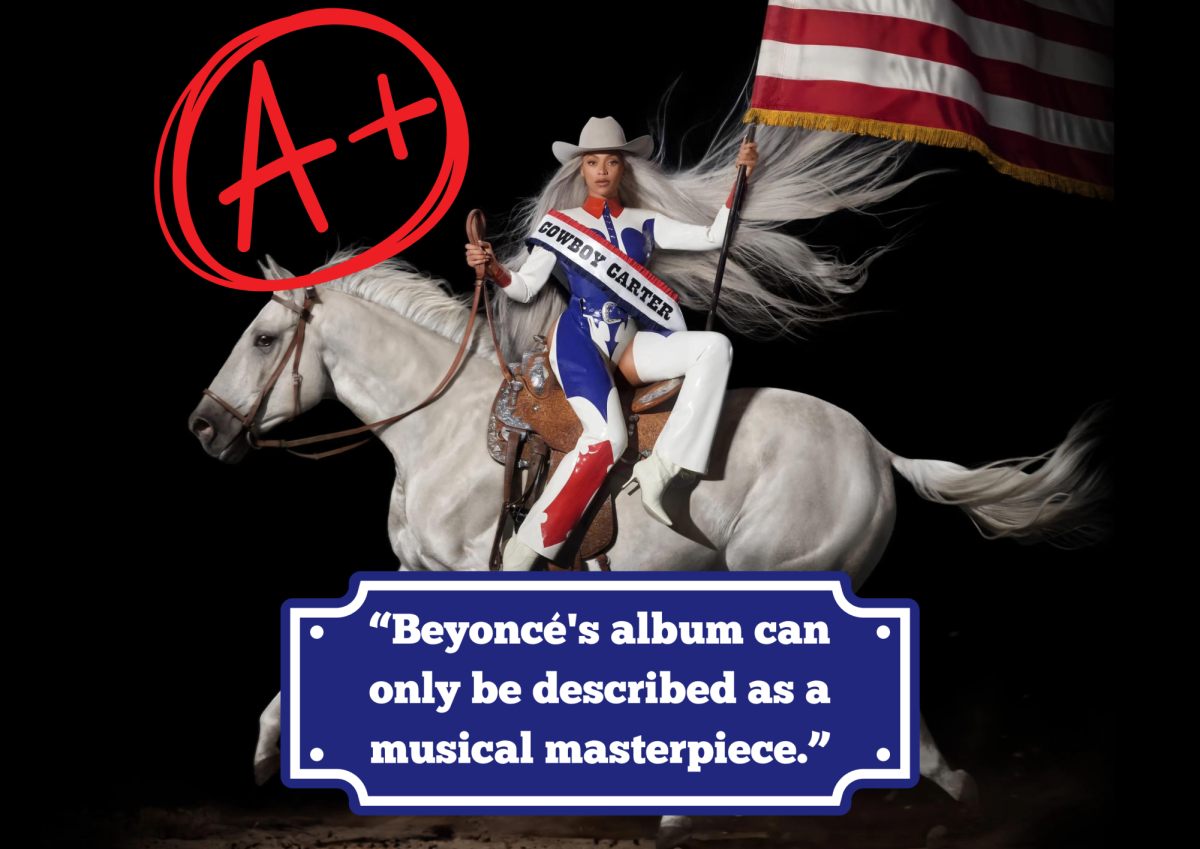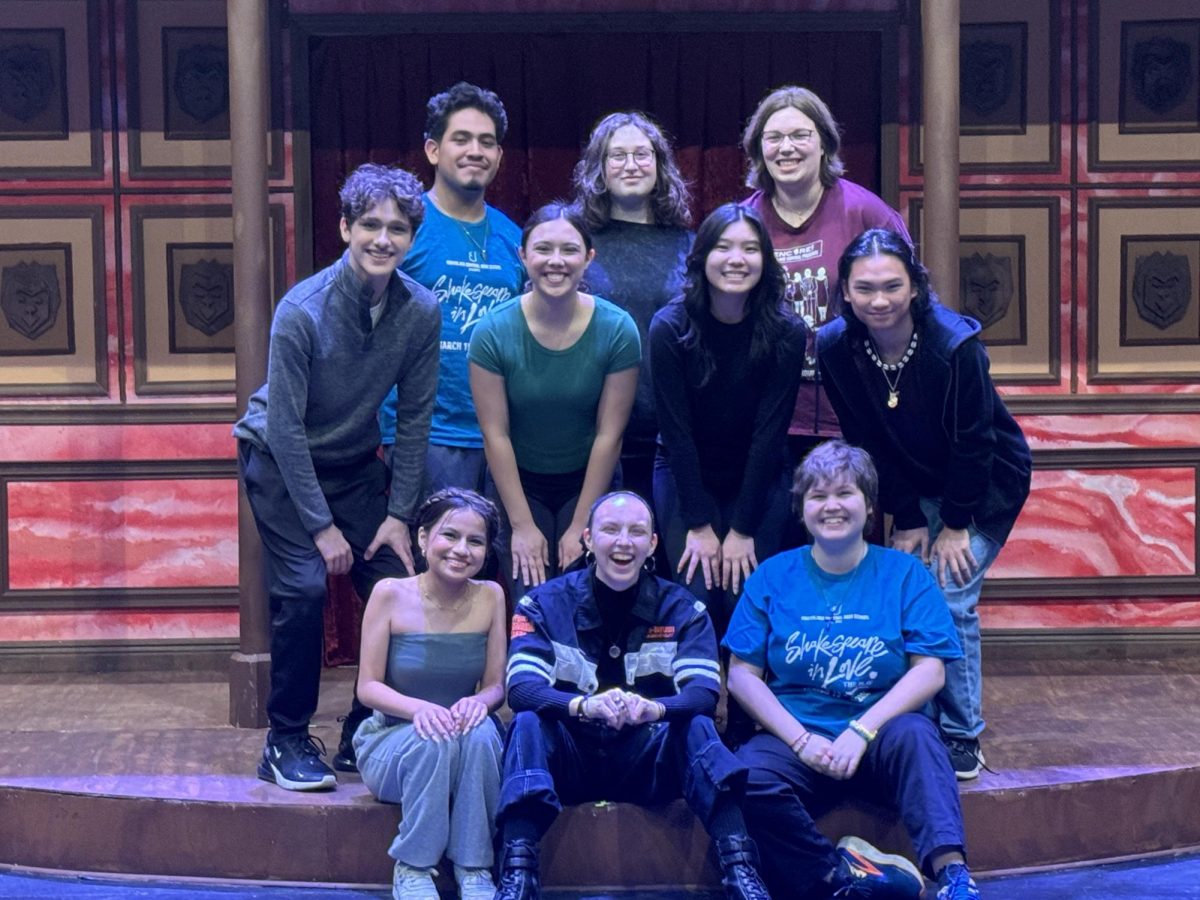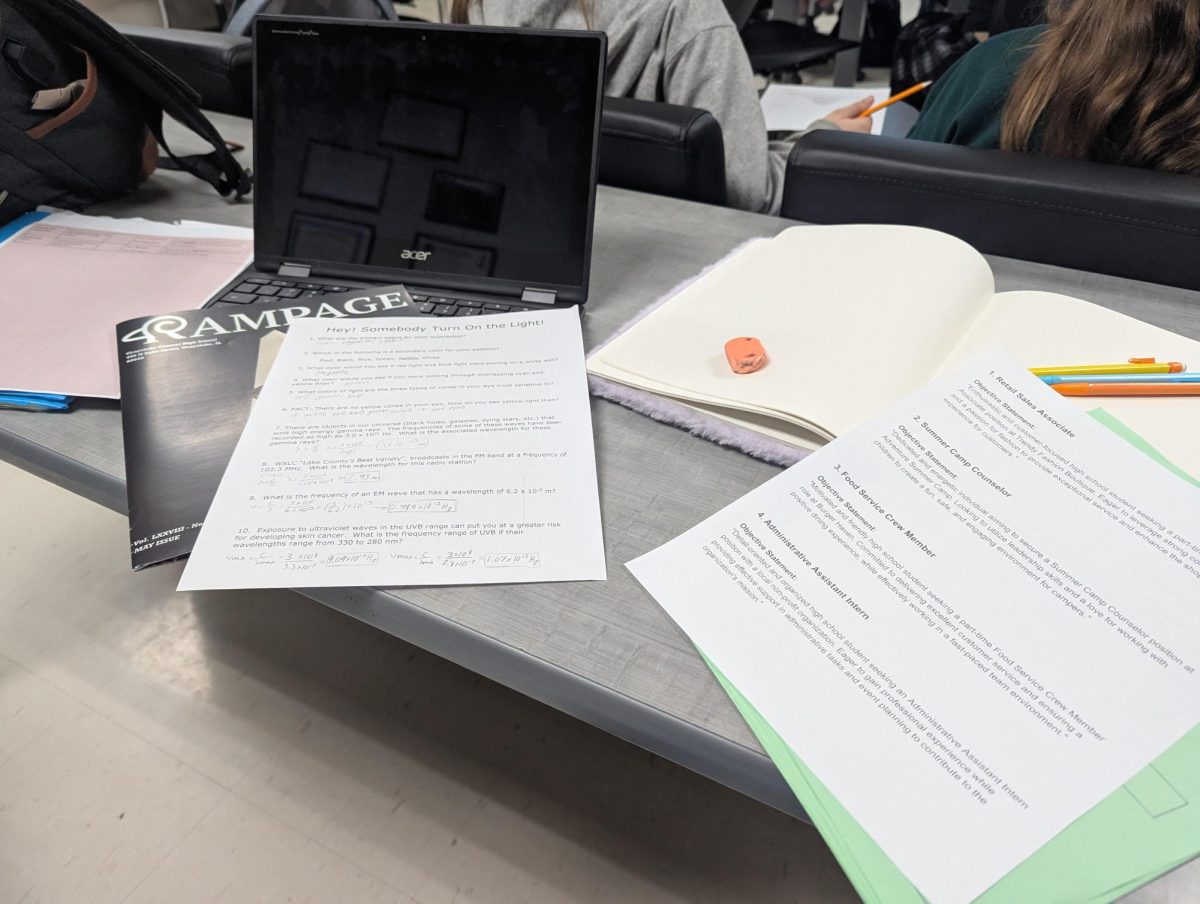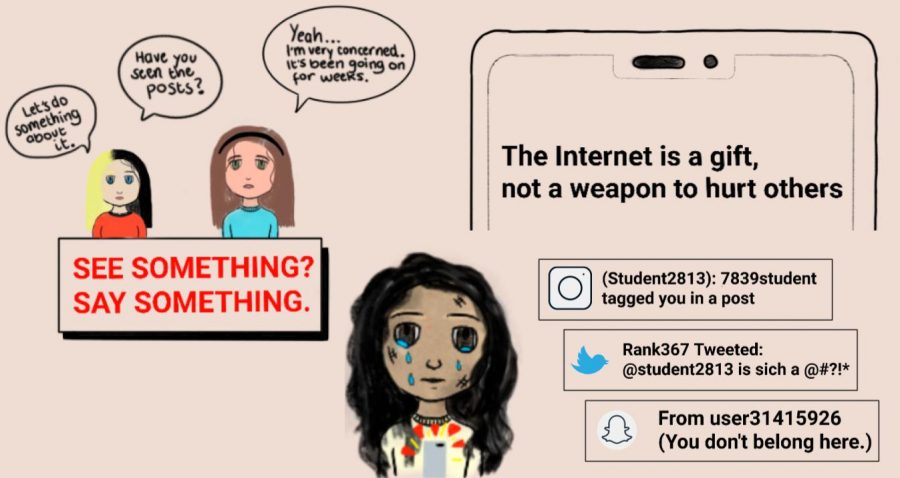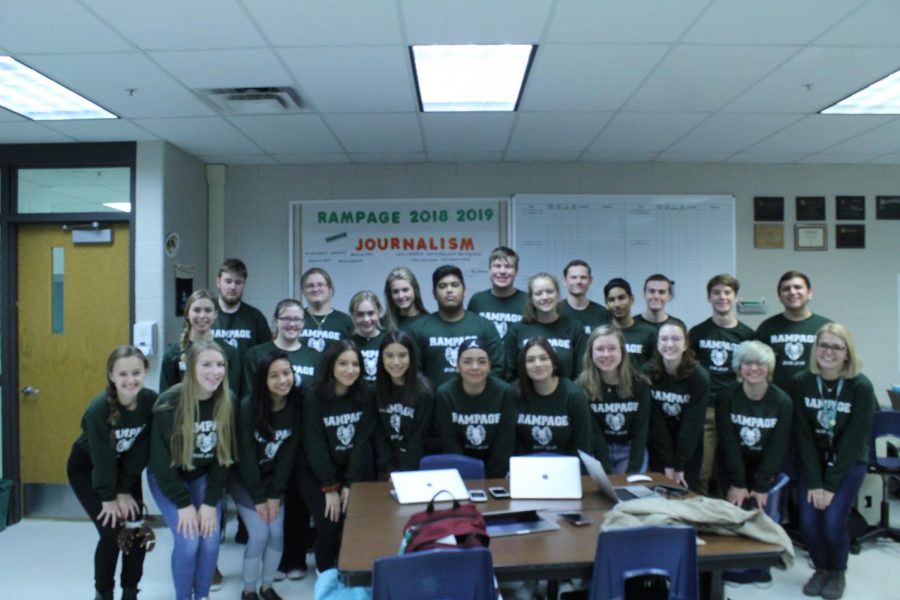Political trust: going to APUSH for answers
November 6, 2017
In a recent study done by Pew Researcher, a historic low of 20 percent of Americans reported trusting the government [in Washington] always or most of the time. Shocking? Maybe for some. But others will find it easier to believe, watching the evening news headlines glide across the television screen, with a feeling of frustration or dread in the way things are being dealt with by the government.
It seems that everyone has a different opinion about politics around the school, with students more than willing to contribute their opinions on recent events with friends. In fact, today political trust is often a topic followed by chatter involving a wide spectrum of views.
“A lot of political figures aren’t telling the truth, you can’t trust the news… trust is everything [and] If you don’t trust your government, you don’t work with them.” said junior Sophia Buccieri.
Buccieri is not the only one to express this view. Many Americans feel that politicians are to blame for trust issues in America. This suspicion to a degree is reasonable. However, the view of elected politicians as crooks is more harmful to building trust than not; which, as Buccieri wisely puts, leads to bad cooperation.
“I respect people, but it’s not fair to group all government officials into one,” said junior Lauren Brunk.
“It’s our duty as American citizens to give the government the benefit of the doubt, because however much you disagree they will have an impact on you.”
Both points are important in thinking about trust in the government. On one hand, one can’t believe everything that is presented for fear of lies, but one would want to believe in the government to be working in the favor of the common good.
“For the most part, I do [trust the government], I believe most public officials enter public service for the right reasons,” said Advanced Placement United States History [APUSH] teacher Adrijana Bisevac.
“Unfortunately, there will always be that more powerful group that carries more influence [making it] difficult for individuals to represent their constituency against a larger group or political party.”
Bisevac provides a summative point, one that dusts off the dirt and gets to the root of the matter. When political parties or private interests (companies) act as a mouthpieces for individual politicians in favor of privatized agendas, it creates a lack of trust. After all, how can people “do [their] duty” and give the government the benefit of the doubt, when there is all doubt and no benefit? All this, despite the fact that the U.S government was set up to elect the individuals that best represent and advocate for their township, district, county or even country.
“[Politicians] do things just to get votes… like Gerrymandering, it takes away the point of democracy,” said junior Brianna Storino.
Gerrymandering, or the manipulation of the boundaries of and area of representation to favor a given party or class, is an perfect example of how party agendas or private interests push constituents to encourage such inflictions upon the democratic process of our country, the voices of voters, and most importantly, their faith in their government officials. In fact, without these inflictions, the democratic process should promote trust rather the stifle it.
Students who have taken or are taking APUSH can attest that the need for trust in the government was a driving factor in the ratification of the Constitution to protect the people.
“I believe in the process and individuals but when they converge there is inefficiency… like who are you representing?” said Bisevac.
To break it down simply, the process is democracy. The corrupted individuals are the politicians. When merged with party politics and private interests, these result in lack of trust.
People have a right to feel distrust towards the process as it is, which is being tampered with. But it is no-one’s right to stand idly as this issue continues.
“If you are unhappy, take action, ensure that you are knowledgeable… it’s not enough to sit back and say ‘I hate the government’, you need to put in some work in to fix it,” said Bisevac.
Being a part of democracy takes effort from all to maintain. It is important to act as knowledgeable members of that democracy, relieving dependence on the television screen for the answers to the world’s problems.
But why would Americans chose to pay attention to this? Why would Americans spend that extra time to Google who they are voting for and who is sending them checks? It can be summed up, as Brunk said.
“However much you disagree, it will have an impact on you.”
